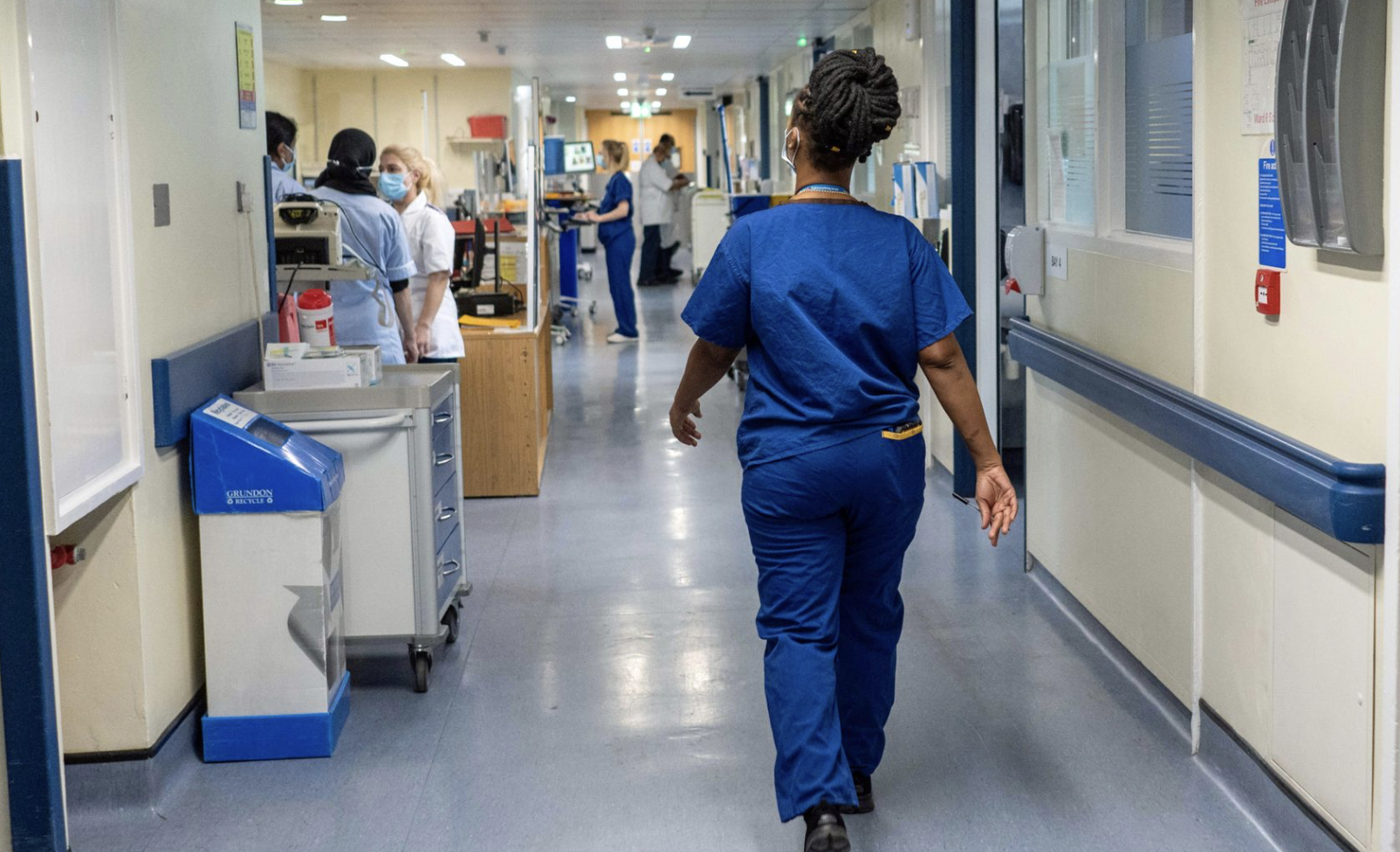The United Kingdom [of Great Britain and Northern Ireland] (UK) has a publicly funded national health service (NHS) with access based on clinical need, and not ability to pay. Responsibility for health care services has been devolved to Scotland, Wales and Northern Ireland since the late 1990s. These four separate health care systems across the UK are responsible for delivering health services, free at the point of use. At the local level, clinical commissioning groups in England (replaced by Integrated Care Systems by July 2022), health boards in Scotland and Wales, and the Health and Social Care Board in Northern Ireland are responsible for commissioning or planning health and care services in their respective areas.
The UK Government sets legally binding objectives and budgets for NHS England through an annual mandate, supported by detailed criteria and metrics. The NHS Long Term Plan was published in 2019 and sets out a plan for NHS England until 2029. At the local level, this Plan provides the framework from which Sustainability and Transformation Partnerships and now Integrated Care Systems develop and implement 5-year plans locally.
General Practitioners (GPs) work under the General Medical Services Contract held with practices. Specialized care is provided by NHS or independent sector hospitals. In England and Northern Ireland, NHS-owned hospitals are called trusts. Many NHS hospitals have satellite clinics to provide these services closer to patients, particularly in large rural areas…
[Funding and health expenditure]
Public financing, collected through general taxation, is the primary source of funding for health in the UK. The three largest taxes, which account for approximately two thirds of revenue, are income tax, national insurance contributions and value-added taxes.
Health care expenditure accounted for 10.2% of GDP in 2019. The country’s per capita health expenditure is over US$ 5087 PPP, above the EU average. The percentage of total health expenditure in the UK coming from public funds is above the EU average (79.5% of current health expenditure). Out-of-pocket (OOP) payments as a percentage of total expenditure on health have increased since 2005, reaching 17% in 2019, while private insurance has decreased since 2000, reaching 2.8% of total expenditure on health. The top three OOP expenses include medical goods (48.8%), long-term-care (36%), and outpatient care (12%). Private medical insurance is usually used to finance a few select services not offered by the NHS or to access NHS-covered services more quickly. NHS care is mostly free at the point of access, but in some cases, patients do have to make co-payments (for goods and services covered by the NHS but requiring cost sharing) and direct payments (for services not covered by the NHS or for private treatment).
All individuals, irrespective of their nationality or immigration status, are eligible to access primary, emergency and compulsory psychiatric care, free of charge. Coverage for secondary care services is only available for those normally residing in the UK.
References
[1] “United Kingdom”. World Bank Open Data. Accessed 8 Apr. 2024.



